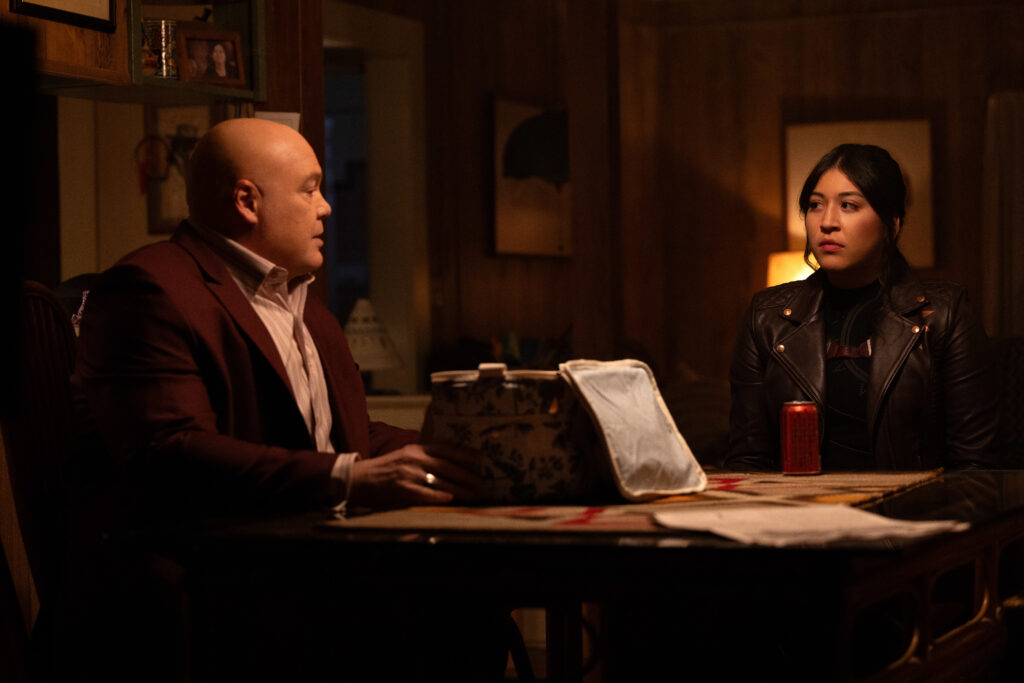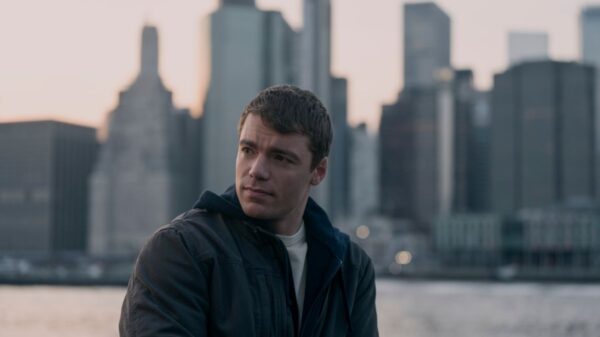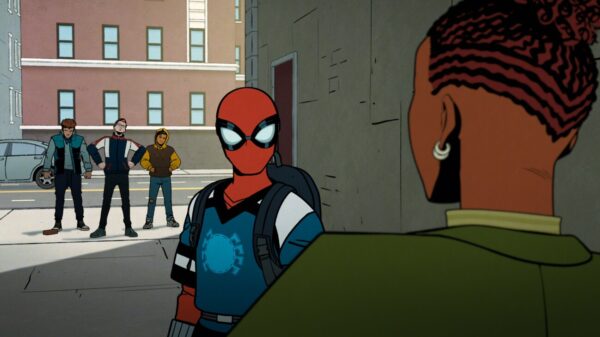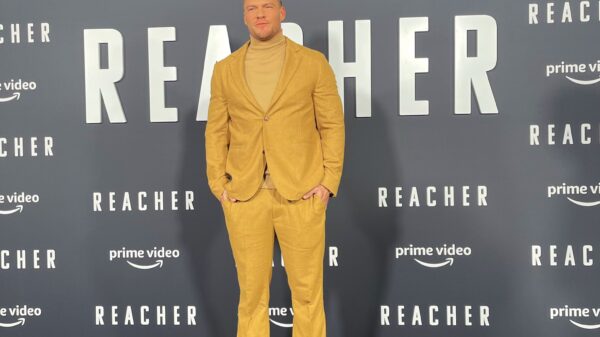With the ridiculous amount of interconnected material belonging to the Marvel Cinematic Universe nowadays, most viewers fall into one of two camps: dedicated followers who continue to watch everything or the casual folks quickly lagging. As the latter group steadily grows, the new miniseries Echo premieres as something branded entirely new. The first of Marvel’s “Spotlight” series, Echo tries to be a first and a continuation of Marvel’s brand, but in trying to be so much, it unfortunately lands somewhere in the middle.
Marvel’s ‘Echo’ Premise
Alaqua Cox returns to her breakout role from Marvel’s Hawkeye series as Maya Lopez (a.k.a. Echo), who goes back home to Oklahoma following her run-in with the New York crime boss Kingpin. Better Call Saul contributor Marion Dayre created Marvel’s Echo miniseries and co-wrote the first three episodes as the first of the MCU’s standalone “Spotlight” series, inspired by the similarly named anthology comic series from the 1970s.
Storytelling Gets Crushed by Incohesive Filmcraft
The lead promotion for Echo as part of Marvel’s “Spotlight” is that it is possible for self-contained viewing. To get it out of the way, this aspect of the new miniseries is a complete failure. From the recap-heavy first episode, which retreads Maya’s debuting appearance in Hawkeye and her confrontation with Fisk, it is apparent that seeing a rushed version of the character’s backstory is what qualifies this miniseries as a standalone experience.
As a tie-in to Hawkeye and, more broadly, Daredevil, Echo is a bit more successful when it leans towards its uniquely TV-MA bloody violence. Since the cancellation of Netflix’s Defenders collection, adult-oriented Marvel has been a thing of the past. Despite its inconsistencies with the shockingly bad first episode and the slow restart of Maya’s story in the next two episodes, Echo eventually lands the violent appeal with graphic maturity that has not existed in Marvel for five years. This quality takes time to grow, but a steadily mounting trek to the conclusion increases the action and intensity with each passing episode.
Maya’s Underrepresented Story Does Not Save ‘Echo’
Another major part of Echo is Maya’s return-to-her-roots plotline, heavily featuring imagery relating to the character’s heritage (based on input from Choctaw Nation advisors). Slowly incorporated throughout the five episodes, Maya’s Choctaw connection seems random and inexplicable, only coming together to a meaningful conclusion in the last two episodes. Primary director Sydney Freeland appears to handle the constantly shifting images she creates, but in combining elements of the production, everyone here, aside from the willing actors, seems deeply out of their depth.

Vincent D’Onofrio Wilson and Alaqua Cox in Marvel’s ‘Echo’
Echo Skews Negative for Most, But Will Be Enough for Some
Distinct yet akin to predecessors, both culturally specific yet generic enough for all audiences, while trying to frame the current Marvel television formula for adult audiences, this miniseries tries to be much more than it can handle in such a short time. To its credit, the miniseries gets to where some viewers will want it by the end, and the cast of new actors recognizable to experienced viewers keeps engagement high amid the jumble.
That this is an upgrade from Secret Invasion might be enough for the dedicated viewers. However, next to the diminishing returns from the downward spiral of Marvel’s adult programming and the inability to satisfy any aspect of its lofty goals, Echo does not cut it as quality entertainment for any camp of viewers.











